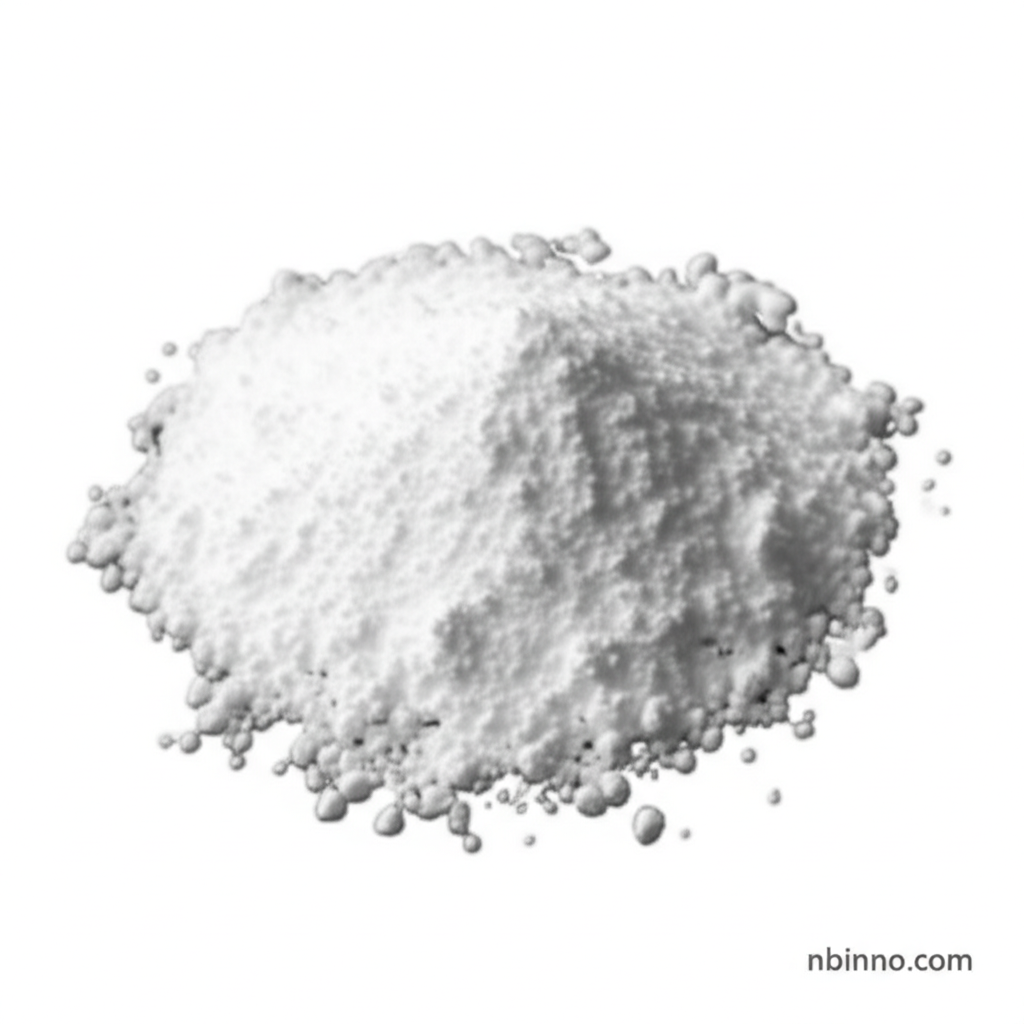High-Quality Prilocaine CAS 721-50-6: Advanced Pharmaceutical Intermediate for Local Anesthesia
Discover the efficacy and purity of Prilocaine, a key intermediate in advanced anesthetic formulations.
Get a Quote & SampleProduct Core Value

Prilocaine
Prilocaine (CAS 721-50-6) stands as a crucial pharmaceutical intermediate, renowned for its potent local anesthetic properties. As an amino amide type anesthetic, it offers efficacy and speed comparable to lidocaine, but with a distinct advantage of a longer duration of action and reduced systemic toxicity. Its rapid metabolism further contributes to its favorable safety profile, minimizing accumulation within the body.
- Superior Efficacy and Duration: Explore the benefits of lidocaine comparison local anesthetic properties, where Prilocaine provides a longer anesthetic effect, enhancing patient comfort during procedures.
- High Purity White Crystalline Powder: Supplied as a white crystalline powder with a purity exceeding 99%, this pharmaceutical grade compound ensures reliability in sensitive applications.
- Versatile Anesthetic Applications: This compound is perfectly suited for critical procedures such as epidural anesthesia, conduction anesthesia, and infiltration anesthesia, meeting diverse medical needs.
- Key Pharmaceutical Intermediate: Understand the role of Prilocaine CAS 721-50-6 pharmaceutical intermediate in the synthesis of advanced anesthetic drugs, supporting innovation in healthcare.
Product Advantages
Enhanced Patient Comfort
Leveraging its extended duration of action, Prilocaine helps maintain anesthesia, leading to improved patient comfort and reduced procedural discomfort. This is a key aspect of its amino amide local anesthetic properties.
Reduced Toxicity Profile
Compared to some other local anesthetics, Prilocaine exhibits lower toxicity, making it a safer choice for various medical applications and minimizing the risk of adverse events. This aligns with its reputation as a high purity prilocaine chemical.
Broad Applicability in Anesthesia
Its utility spans across multiple anesthesia techniques, including epidural, conduction, and infiltration, demonstrating its versatility as a core component in anesthetic preparations. Researchers often seek prilocaine synthesis and applications for novel drug development.
Key Applications
Local Anesthesia
Widely used to numb specific areas for surgical and dental procedures, providing effective pain relief through its targeted action.
Pharmaceutical Manufacturing
Serves as a critical intermediate in the synthesis of various anesthetic drugs and formulations, supporting the production of essential medicines.
Research and Development
Essential for studies exploring new anesthetic compounds, drug delivery systems, and pain management strategies, leveraging its well-defined prilocaine CAS 721-50-6 pharmaceutical intermediate properties.
Dental Procedures
A staple in dentistry for infiltration anesthesia, nerve blocks, and other procedures requiring localized numbness to ensure patient comfort and facilitate treatment.
